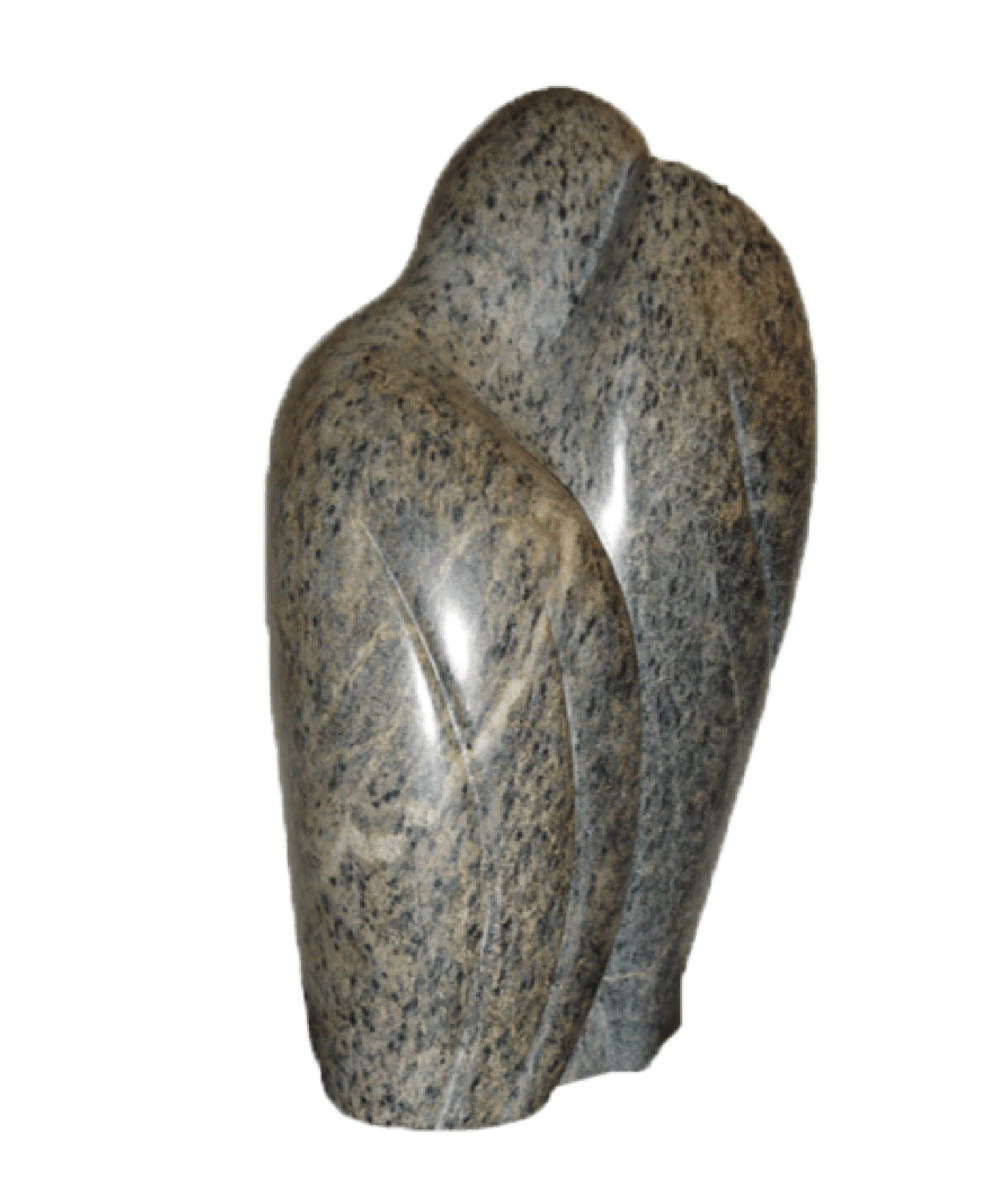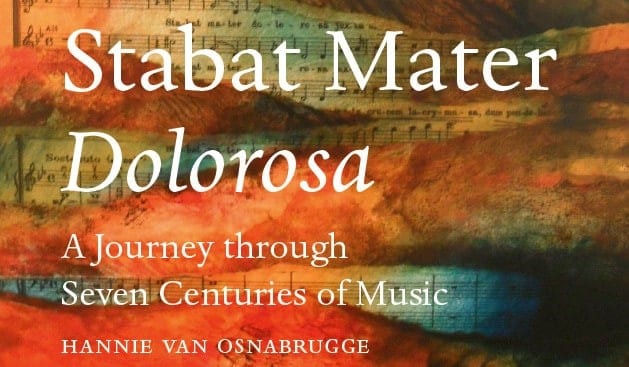Emperor Leopold I
About the composer
Leopold I was born in 1640 in Vienna, as the son of Emperor Ferdinand III, and died there in 1705.
He received a broad education and learned literature, theology, natural science, astronomy, Italian, German, French, Spanish and Latin. He became King of Hungary in 1655, and Holy Roman Emperor in 1658.
He was less interested in politics than in music. He spent a lot of money on his musicians and on his theater. In his own compositional work he was, for example, influenced by Italian and German composers such as Antonio Bartali and Heinrich Schmelzer. He wrote at least 150 arias on Italian texts, German-language oratorios and musical comedies as well as many religious works. His requiems were performed at the funerals of his first and third wives and at his own obsequies.
About the Stabat Mater
| Date: | 1678 |
| Performers: | Four solo voices, 3 viols , violone, cornett, 2 trombones, bassoon |
| Length: | 12.57 minutes |
| Particulars: | The Stabat Mater was written for the feast day of the Seven Sorrows of the Blessed Virgin Mary, celebrated on the Friday before Palm Sunday. |
| Textual variations: | The Analecta-version of the text has been used. |
| Colour bar: |
|
Information about the recording
| CD: | Paradisi Gloria, Sacred music by Emperor Leopold 1 2016, Audite 97.540 |
| More info: | An overview of the liturgical compositions of Leopold I. The lyrics are prayers to remember the dead. They describe also the painful grief when beloved ones die. |
| Orchestra: | Les Cornets Noirs |
| Choir: | Capella Murensis. |
| Conductor: | Johannes Strobl |
| Soloists: | Sopranos: Ulrike Hofbauer, Lia Andres, Penelope Monroe |
| Other works: | Motetto de Septem doloribus Beatae Mariae Virginis (Motet of Our Lady of the Seven Sorrows) |
| Code: | LEO -01 |





